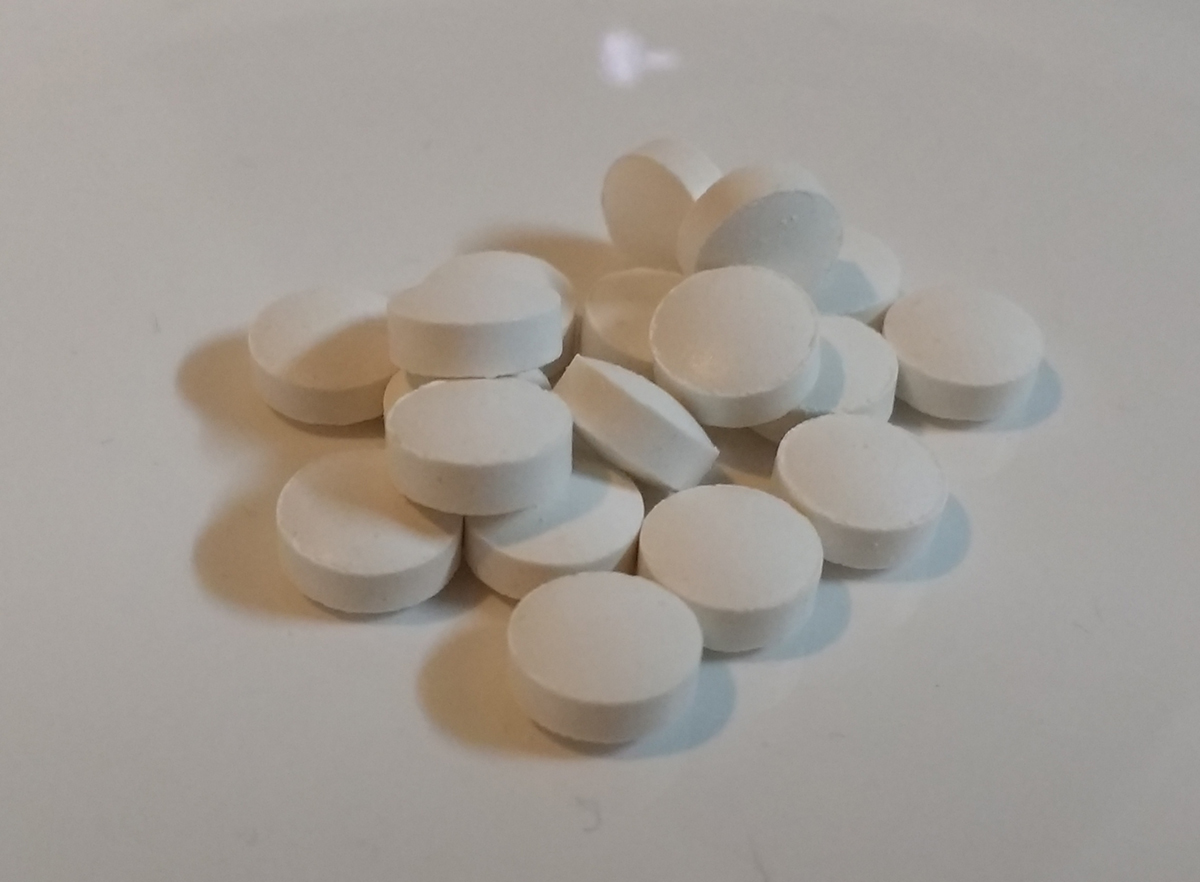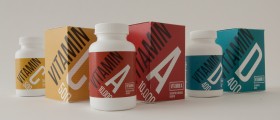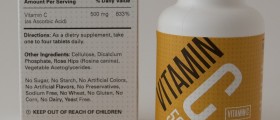
Vitamin A is an important vitamin that plays a vital role in good eyesight. The retina of the eye needs vitamin A in the form of retinal, a light-absorbing molecule that is essential for vision, both low-light and color vision.
This vitamin has a completely different role too, as an oxidized form called retinoic acid, which is a hormone-like growth factor for epithelial and other cells.
On foods of animal origin, vitamin A is mainly present as an Ester called retinyl palmitate, which is converted into retinol in the small intestine. Retinol acts as a storage for the vitamin which can be converted into retinal, which is an aldehyde form. Retinoic acid is a metabolite that, unlike retinal, does not participate in the vision.
The natural sources of vitamin A can be divided into plant sources and vitamin sources. Plant sources include fruit and vegetables, and the main animal sources are meat and poultry, as well as dairy products.
Plant sources of vitamin A
In plants, the vitamin A is found in the form of provitamin A carotenoids. Some of the most important carotenoids are alpha and beta carotene and cryptoxanthin.
Fruits that are considered best sources of vitamin A include apricots, mangos, oranges, cantaloupes, apples, plums, watermelons, peaches, kiwis and blackberries.
As for the vegetables, vitamin A is found in carrots, pumpkins, spinach, peas, broccoli, tomatoes, turnips, sweet potatoes, collard greens, mustard greens, dandelion greens and escarole.
Animal sources of vitamin A
Some of the best sources of vitamin A that are of animal origin include chicken liver, fish oil, cold liver oil, liver sausage, eggs, fish, shellfish, fortified margarine, butter, cheese, whole milk, fortified low-fat milk and fortified low-fat dairy products.
Vitamin A tips
Vitamin A is fairly unstable, so cooking and storing of foods that contain this vitamin can deplete its levels. It is best if the food is lightly steamed or baked, and stored in the refrigerator in a closed container. Fruits and vegetables are best if eaten raw that way it is guaranteed that most of the vitamin A will be used.
Also, human body requires certain minerals in order to absorb and use vitamin A, zinc and iron above all. Zinc helps in transportation of vitamin A from the liver, where it is stored, to the organs that require it.
Vitamin A deficiency can lead to a number of health issues. It can cause vision problems, night blindness, and in severe cases, even complete blindness. It can also weaken the immune system. Studies have found that vitamin A deficiency in children increases the risk of certain diseases, like respiratory diseases and measles.

















Your thoughts on this
Loading...